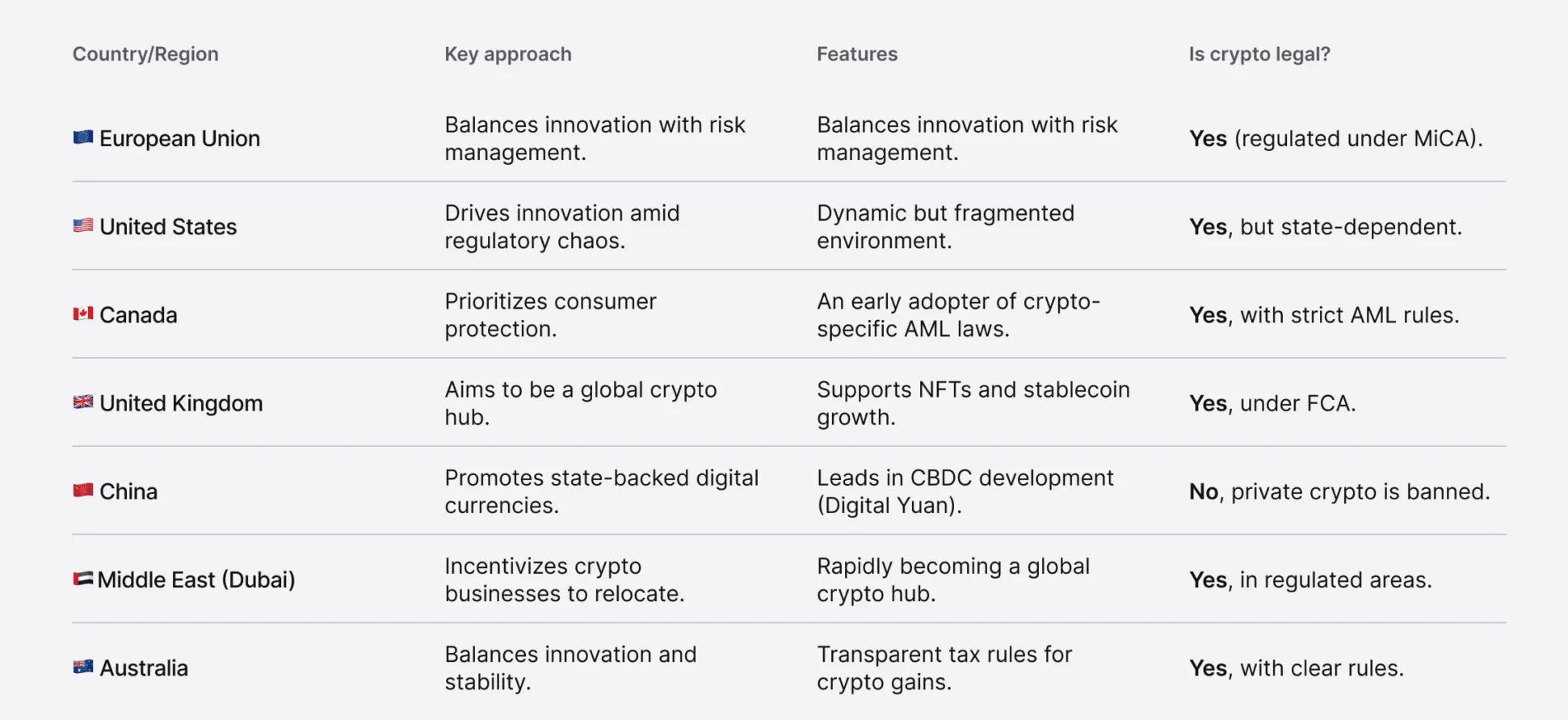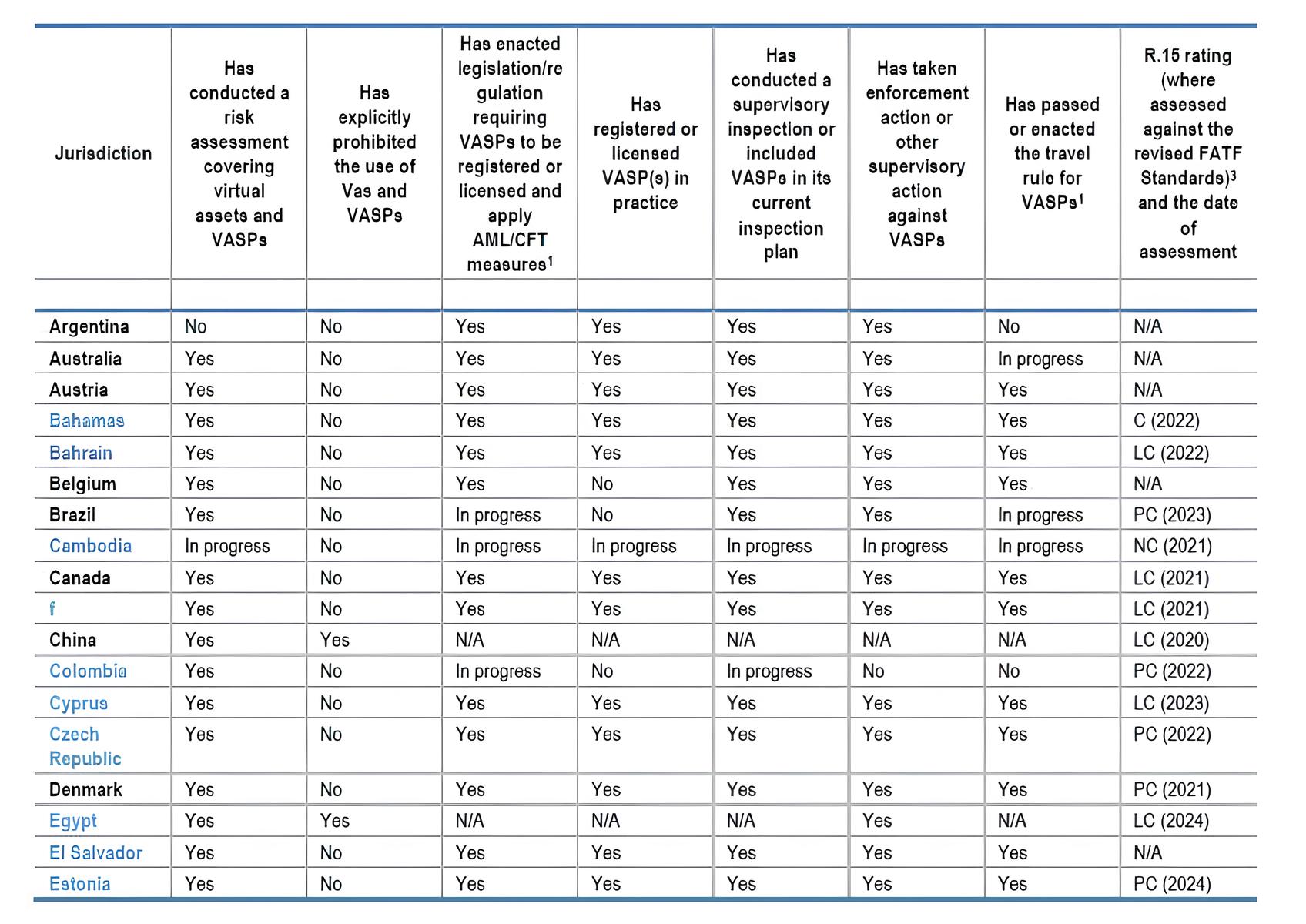Legal services checklist for Web3 and cryptocurrency projects

The rise of Web3 and cryptocurrency has transformed industries, introducing decentralized systems, blockchain technology, and digital assets like never before. However, this innovation comes with a complex and ever-changing legal landscape. For web3 and crypto projects to succeed, they must address regulatory compliance, protect intellectual property, and draft enforceable contracts. Legal services are not just a safeguard — they’re a necessity.
Blockchain projects operate in a decentralized, global environment, which introduces unique legal challenges:
- Digital assets may fall under securities regulations.
- Decentralized Autonomous Organizations (DAOs). Their legal status remains unclear in many regions.
- Smart contracts automate agreements but may not fully align with traditional contract law.
- Cross-border operations complicate jurisdiction and compliance.
The stakes are high — non-compliance can lead to fines, lawsuits, or project failure.
The cryptocurrency regulatory landscape differs across Europe, the United States, Asia, the Middle East, and other regions.

Regulatory Compliance
Compliance means a jurisdiction has enacted laws requiring the licensing or registration of virtual asset service providers (VASPs) — such as cryptocurrency exchanges and trading platforms — or has identified the legal persons conducting VASP-related activities. The licensing requirements across jurisdictions are “very similar,” including in regions vying to be labeled as “crypto hubs,” such as Singapore, Dubai and Hong Kong

Securities Law Compliance
Many crypto projects issue tokens, raising the question: Are they securities? In the U.S., the Securities and Exchange Commission (SEC) applies the Howey Test to determine this. Non-compliance can lead to severe consequences.
Failing to register securities or secure exemptions can halt a project. A prominent example is the Ripple Labs SEC lawsuit. In 2020, the SEC alleged Ripple sold unregistered securities via its XRP token, impacting its market position and partnerships.
Lawyers assess token classifications, advise on exemptions, and ensure proper filings. .
AML and KYC Compliance
Anti-Money Laundering (AML) and Know Your Customer (KYC) laws apply to crypto exchanges, wallets, and other platforms handling transactions.
Ignoring AML/KYC can result in hefty penalties. Take BitMEX, which settled for $100 million in 2021 after failing to implement proper AML controls.
Legal support design compliant AML/KYC frameworks and secure required licenses.
Intellectual Property (IP) Protection
Patents and Trademarks
Blockchain innovations and branding need protection to stay competitive.
Without IP safeguards, others can exploit your work. The Bitcoin and Craig Wright dispute over Bitcoin’s whitepaper and code highlights the stakes in blockchain IP battles.
Attorneys file patents for tech innovations and trademarks for branding, defending against infringement.
Copyrights
Code, whitepapers, and creative content fall under copyright law. Lawyers register copyrights and draft licensing terms.
Copying can lead to disputes, where the project was accused of plagiarizing code.
Contract Drafting and Review
Smart Contracts and Traditional Agreements
Smart contracts automate blockchain transactions, but traditional contracts often address off-chain gaps.
Flawed smart contracts can be exploited. The DAO hack of 2016 saw $50 million in Ether stolen due to a coding vulnerability, sparking legal and ethical debates.
Partnership Contracts
Collaboration with vendors or partners requires clear terms.
Ambiguity can lead to lawsuits, as in the Tezos litigation, where unclear governance fueled disputes.
Data Privacy and Protection
Web3 projects handling personal data must follow laws like the GDPR or CCPA. Experts craft privacy policies and ensure decentralized data practices meet regulations.
Violations carry steep fines. For example, Google’s €50 million GDPR penalty shows the risks of non-compliance.
Conclusion
These are just the main areas in which the services of crypto lawyers may be needed. There are many potentially vulnerable areas at different stages of a startup's development.
If you’re launching or scaling a web3 or crypto project, don’t wait — consult a legal expert specializing in blockchain today.
Your innovation deserves protection.
FAQ
What happens to my crypto if I die — how do I structure inheritance?
Crypto inheritance isn’t just setting up a will — it involves technical challenges like transferring private keys, seed phrases, and ensuring heirs legally inherit digital assets.
Can I tokenise real‑world assets and avoid securities laws?
Depending on jurisdiction, tokenizing physical assets may trigger securities regulation. If tokens meet the Howey test, they're likely securities. That means full compliance with disclosures, registration, or regulatory filings may be required
Does GDPR allow storing personal data on blockchains?
GDPR’s “right to be forgotten” clashes with blockchain’s unalterable nature. Since public-private key data can be identifyable personal information, it raises compliance issues — especially for EU-based projects
Legal Comprehensive Legal Support for Every Stage of Your Crypto Project
Our Legal Service for IDO launches ensures your project meets all regulatory standards while safeguarding against legal risks. From drafting token sale agreements to guiding KYC/AML processes, we help your crypto project navigate complex legal landscapes and stay compliant, so you can focus on growth.
When do you need Legal?
At various stages of your startup’s lifecycle, legal compliance and protection are essential to your success:
IDEA/MVP
Start with a solid foundation by ensuring your project structure and token sale plans meet legal standards from the outset.
Pre-IDO
Prepare by drafting clear token sale agreements and securing compliance with KYC/AML requirements, making sure your project is ready for investors and compliant across jurisdictions.
IDO
During the token sale, our legal services help manage smart contract audits and regulatory filings, minimizing risks while enhancing contributor trust.
Post-IDO
Post-launch, we offer ongoing legal support to protect your project, address new regulatory updates, and handle any legal complexities that may arise as your project scales.
Key Features of Our Legal Service
Our legal services are designed to help your project at every phase, ensuring smooth compliance and risk management:
Compliance Without Complexity
We handle all regulatory requirements, making sure your project is fully compliant with global standards from day one.
Cost and Risk Reduction
Our expertise minimizes costly legal mistakes, saving you time and money throughout the project lifecycle.
Expert Contract Management
From drafting token sale agreements to smart contract audits, we ensure your legal documentation is precise and protects your interests.
Jurisdictional Guidance
Our tailored advice helps you navigate the complexities of different legal environments, ensuring compliance no matter where your project operates.
Contributor Confidence
A legally sound project builds trust. We help you gain credibility with contributors by securing all legal aspects of your token sale.
Seamless KYC/AML Compliance
We integrate KYC/AML procedures into your process, safeguarding your project against fraud and ensuring compliance with regulatory requirements.


